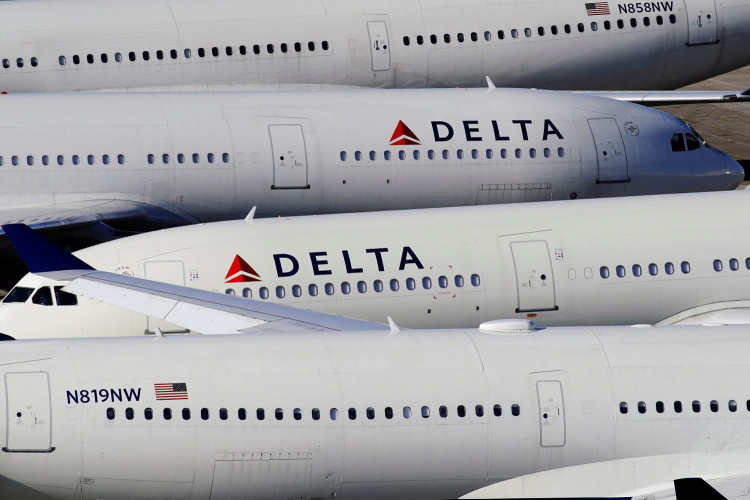The U.S. Department of Transportation has launched an investigation into Delta Air Lines following a series of widespread flight cancellations and delays resulting from a global technology outage. Transportation Secretary Pete Buttigieg announced the investigation on Tuesday, emphasizing the need to ensure that the airline adheres to federal laws and treats its passengers fairly during these disruptions.
"All airline passengers have the right to be treated fairly, and I will make sure that right is upheld," Buttigieg stated on the X social media platform. The announcement came after Delta and its Delta Connection partners canceled nearly 500 flights by midday on the East Coast, accounting for approximately two-thirds of all cancellations in the United States, according to data from FlightAware.
The crisis began late Thursday night into Friday morning, following a faulty software upgrade from cybersecurity firm CrowdStrike that affected more than eight million Microsoft computers globally. Since the onset of the outage, Delta has canceled over 6,600 flights, significantly more than any other airline, according to FlightAware and travel-data provider Cirium.
Delta expressed its cooperation with the investigation, with a spokesperson stating, "We remain entirely focused on restoring our operation after cybersecurity vendor CrowdStrike's faulty Windows update rendered IT systems across the globe inoperable." The spokesperson added that Delta teams are working tirelessly to care for and compensate customers impacted by the delays and cancellations.
The airline's recovery has been notably slow compared to its competitors. While other airlines affected by the same CrowdStrike issue have largely resumed normal operations, Delta continues to struggle, primarily due to its reliance on Microsoft Windows for many of its technology systems, including a crucial tool for scheduling pilots and flight attendants. This system failed to manage the high volume of changes triggered by the outage.
Delta's operational collapse is surprising for an airline that has been considered the best-performing major U.S. carrier, both in profitability and operational efficiency. Historically, Delta has ranked near the top for on-time performance among all U.S. carriers.
The Department of Transportation initiated the investigation in response to Delta's continued flight disruptions and customer service complaints. The department indicated that it is processing a high volume of consumer complaints against Delta, and the investigation will focus on whether the airline is complying with federal rules, including offering prompt refunds to passengers whose flights are canceled or significantly delayed.
One Delta passenger, whose flight was canceled, shared a text message with The Associated Press stating, "If you prefer not to rebook your trip, your ticket value will automatically be available as an eCredit that can be used towards a future Delta ticket." This approach has drawn criticism, suggesting that Delta may not be providing adequate refunds as required by law.
Delta's current predicament mirrors a similar situation faced by Southwest Airlines in December 2022, when it canceled nearly 17,000 flights over 15 days. Southwest attributed the meltdown to a winter storm, but other airlines recovered more quickly. The Transportation Department's investigation into Southwest resulted in a $35 million fine as part of a $140 million settlement.
Consumer advocates see a pattern with Delta's response to the outage. William McGee, a former aircraft dispatcher and consumer advocate at the American Economic Liberties Project, noted, "It's not about the thing that caused the problem, it's about how you recover from the problem. That's the test of an airline."
The fallout from the CrowdStrike outage has been extensive, affecting emergency services, banks, hospitals, and other businesses globally. Austin-based CrowdStrike Holdings Inc. attributed the issue to a defect found in a single content update for Windows hosts. The outage led to 35,000 delays and 8,500 cancellations in the U.S. alone by Monday morning, according to FlightAware spokesperson Kathleen Bangs.
Delta CEO Ed Bastian acknowledged the severity of the situation, stating that several critical applications, including crew tracking tools, rely on Microsoft Windows. He warned that it would take a few more days to fully restore normal operations. In the meantime, Delta has promised affected customers compensation through its SkyMiles Program or travel vouchers.





